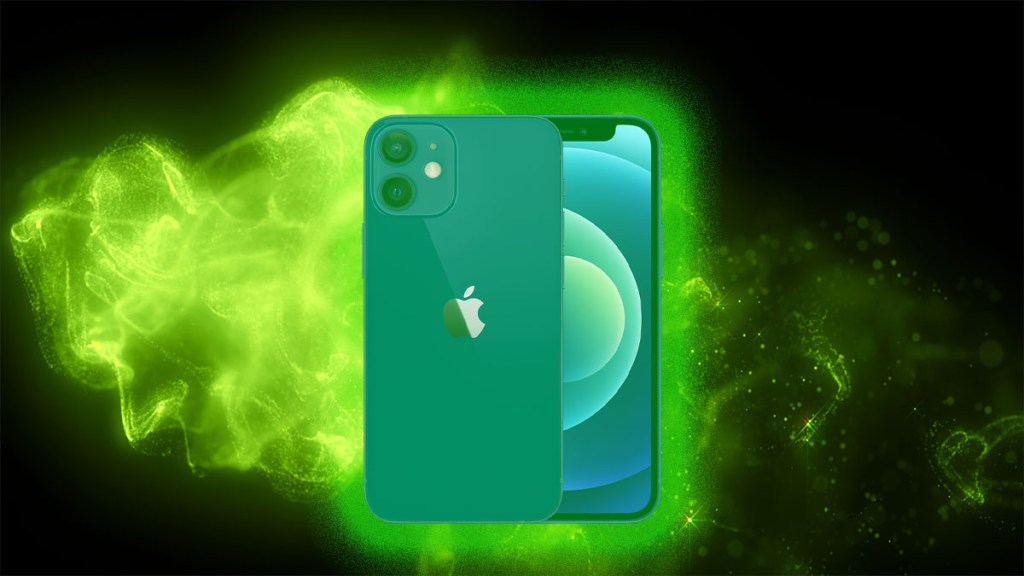Despite the iPhone 15’s debut, attention has shifted towards an iPhone 12 radiation issue. France announced it cannot be sold in their territory because it supposedly exceeds the nation’s legal limit for radio frequency exposure. This action was taken after tests by France’s radiation authority, Agence Nationale des Frequences (ANFR), without disclosing the detailed methodology or specific results. In this context, it’s essential for you, as a potential iPhone 12 user or owner, to understand the ramifications and what it means for your health.
Should I be worried about the iPhone 12 radiation issue?
The main point of contention about iPhone 12 radiation lies in the Specific Absorption Rate (SAR), a measure indicating the rate at which our bodies absorb radio frequency (RF) energy. To be clear, this isn’t the same as the ionizing radiation from radioactive substances or the sun. While ionizing radiation can break cellular bonds, RF radiation, at high enough levels, can potentially heat tissues, leading to potential tissue damage.
For clarity, SAR focuses on potential heat generation, not a definitive harm measure. ANFR’s tests found the iPhone 12 had a SAR of 5.74 watts per kilogram when in direct contact (i.e., when the device is held to a user’s ear), surpassing the European Union’s 4 watts per kilogram limit. However, tests done 5 centimeters away from the device met the 2 watts per kilogram international standard, a result that matches Apple’s own findings.
Jean-Noel Barrot, France’s junior minister for the Digital Economy, suggests a software update could solve this radiation concern. Apple has a two-week window to address this issue. If they don’t, Barrot might order a recall of all iPhone 12 units in France.
Moreover, with France’s ANFR set to share its findings with other EU nations, this French decision could ripple across the continent. In light of this, the ball is in Apple’s court.
While concerns are genuine, concrete evidence of immediate risks to iPhone 12 users remains elusive. So, for now, we have yet to get any information about the long-term effect of using affected iPhone 12 devices, or if it’s an issue localized to devices sold in France or a worldwide problem. So, stay informed and watch for official updates to make a well-informed decision.
iPhone 12 Radiation Issues FAQ
A: France has halted the sale of the iPhone 12 because it reportedly exceeds the country’s legal limit for radio frequency exposure. This decision came after testing by France’s radiation authority, Agence Nationale des Frequences (ANFR), which found concerns without specifying the exact methodology or detailed results.
A: The SAR indicates the rate at which our bodies absorb radio frequency (RF) energy. It’s not the same as ionizing radiation from radioactive materials or the sun. For the iPhone 12, ANFR’s tests showed a SAR of 5.74 watts per kilogram when in direct contact, going beyond the European Union’s 4 watts per kilogram limit. However, when tested 5 centimeters from the device, it adhered to the 2 watts per kilogram global standard.
A: Jean-Noel Barrot, the junior minister for the Digital Economy in France, believes a software update might address the radiation concern. Apple has two weeks to respond. If they don’t, a recall of all iPhone 12 units in France may be ordered. Additionally, France’s ANFR plans to share its findings with other EU nations, meaning the decision could impact sales across the continent.










